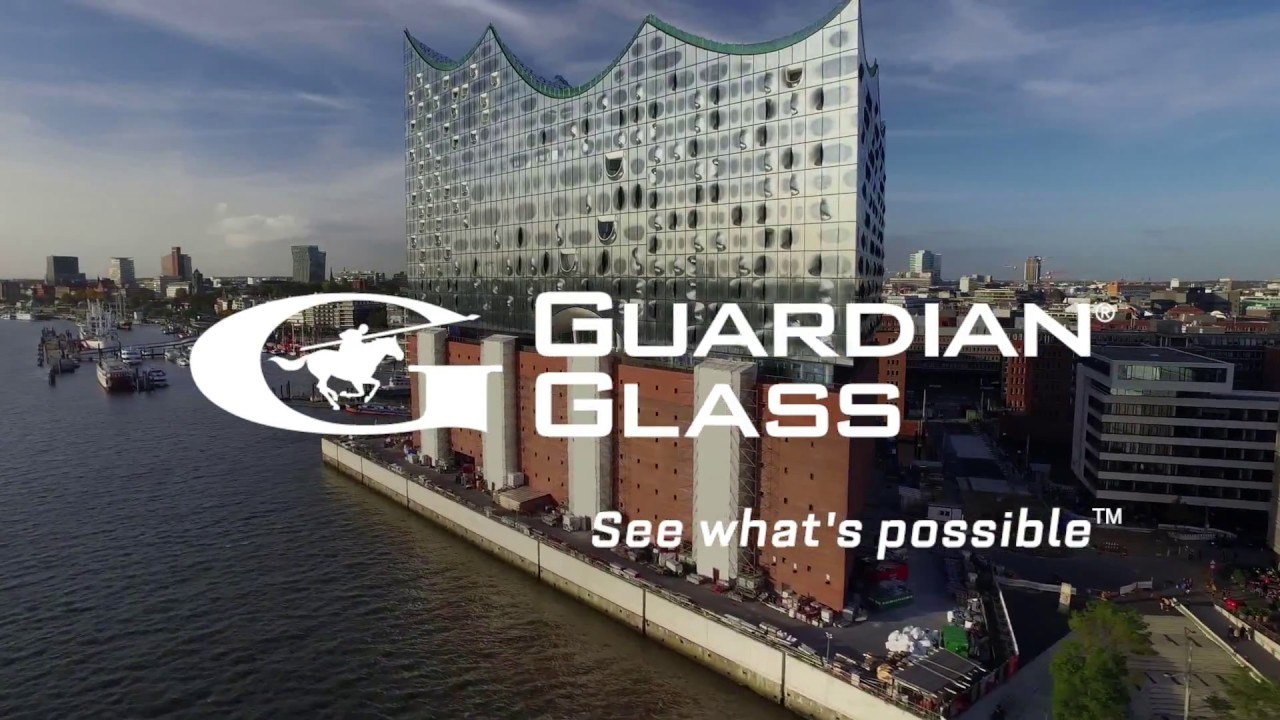The architectural landscape is evolving, with glass playing an increasingly integral role in modern building design. As the demand for transparent facades and insulated glass units (IGUs) continues to soar, the challenge of managing imperfect panes and end-of-life IGUs has become a pressing concern.
Historically, the disposal of mixed glass containers was the norm, but with the escalating energy costs and the global push for sustainability, the imperative to recycle and repurpose glass has gained momentum.
In response to this growing need, HEGLA has introduced a groundbreaking solution known as IG2Pieces assembly line technology, designed to automatically separate insulated glass. This innovative technology not only facilitates the efficient separation of glass from IGU units but also offers a comprehensive handling concept that preserves the purity of raw materials, enhances revenues, and enables the reuse of panes.
Efficient and Damage-Free Separation
Heinrich Ostendarp, Managing Director of HEGLA, emphasizes the significance of developing a method that effectively deals with imperfect panes and used glass while conserving resources and maintaining efficiency. The primary objective was to devise a process that could release individual panes from spacers reliably, cleanly, and without damage, all while ensuring high productivity. Through a newly developed separation method, HEGLA’s automated process minimizes the presence of sealing compound on the surface of the pane, ensuring that the glass remains usable for a variety of applications. Furthermore, the measurement of ISO dimensions and the insulated glass structure is fully automated, enabling the recycled glass to retain its raw material quality.
Financial and Environmental Benefits
The separated recycling of different glass types presents numerous advantages over mixed containers. Not only does it generate added financial value, but it also has a positive environmental impact by closing the material circuit back to the float tank and reducing CO2 emissions. Additionally, the option to reuse undamaged panes further contributes to increasing the recycling rate, providing a sustainable solution for newly produced, large-surface, and high-quality IGUs.
Accelerating and Simplifying Processes
HEGLA’s system not only accelerates and simplifies the separation and repair process but also reduces the dependence on manual labor and the skill set of employees. By streamlining these operations, the technology offers a more efficient and cost-effective approach for glass processors, particularly for special coatings, toughened glass, and laminated safety glass panes.
Future Prospects
Looking ahead, the potential for planning follow-up orders and resizing separated glass for specific applications offers a promising avenue for the utilization of butyl and sealing. This approach opens up opportunities for repurposing glass in various forms, including LSG, high-quality refined glass, and special-purpose glass.
Conclusion
The introduction of HEGLA’s IG2Pieces assembly line technology marks a significant shift in the glass processing industry. By offering an efficient, sustainable, and financially viable solution for separating insulated glass, HEGLA is at the forefront of driving change in the recycling and repurposing of glass materials. As the industry continues to evolve, this innovative technology is poised to play a pivotal role in shaping the future of glass processing and sustainable building practices.
In conclusion, the advent of automated separating technology has revolutionized the glass processing industry, offering a sustainable and efficient solution for separating insulated glass. HEGLA’s IG2Pieces assembly line technology has not only simplified and accelerated the process but has also enhanced the financial and environmental benefits of glass recycling. As we look towards the future, it is clear that this innovative technology will continue to drive positive change in the industry, paving the way for a more sustainable and efficient approach to glass processing and recycling.
Source:Hegla with additional information added by GlassBalkan







